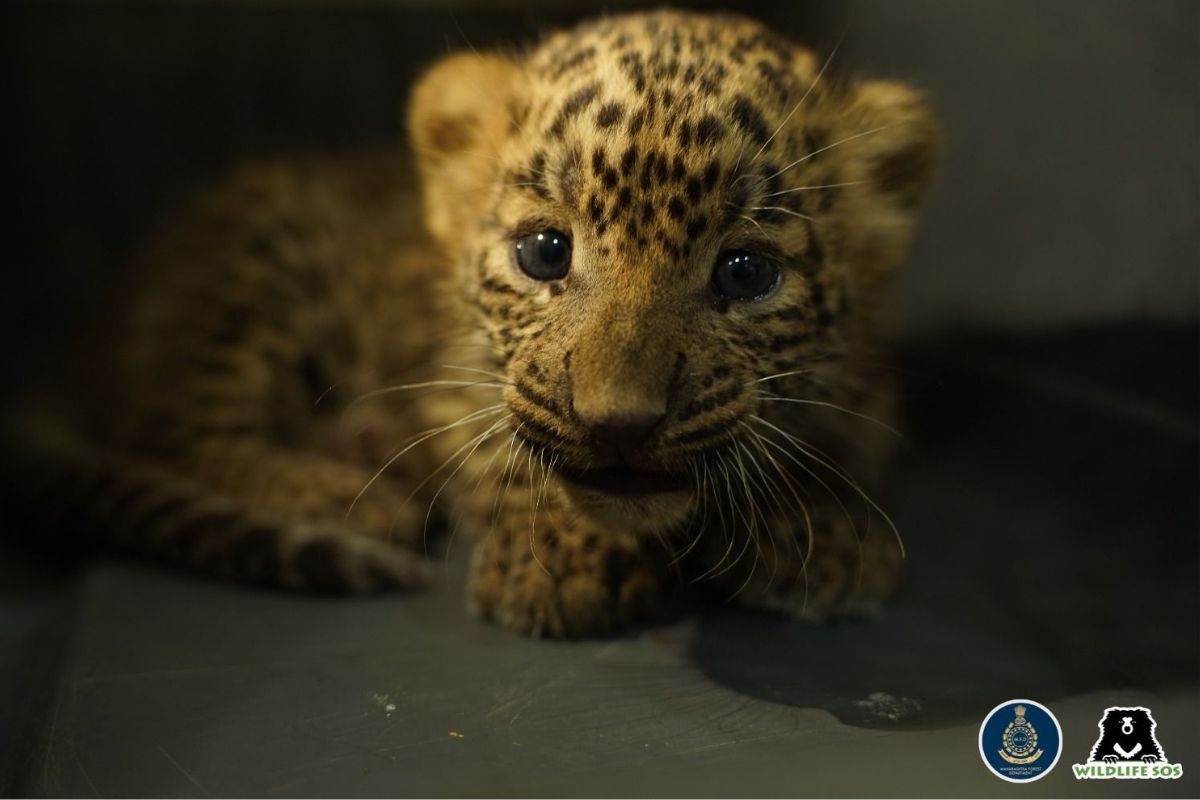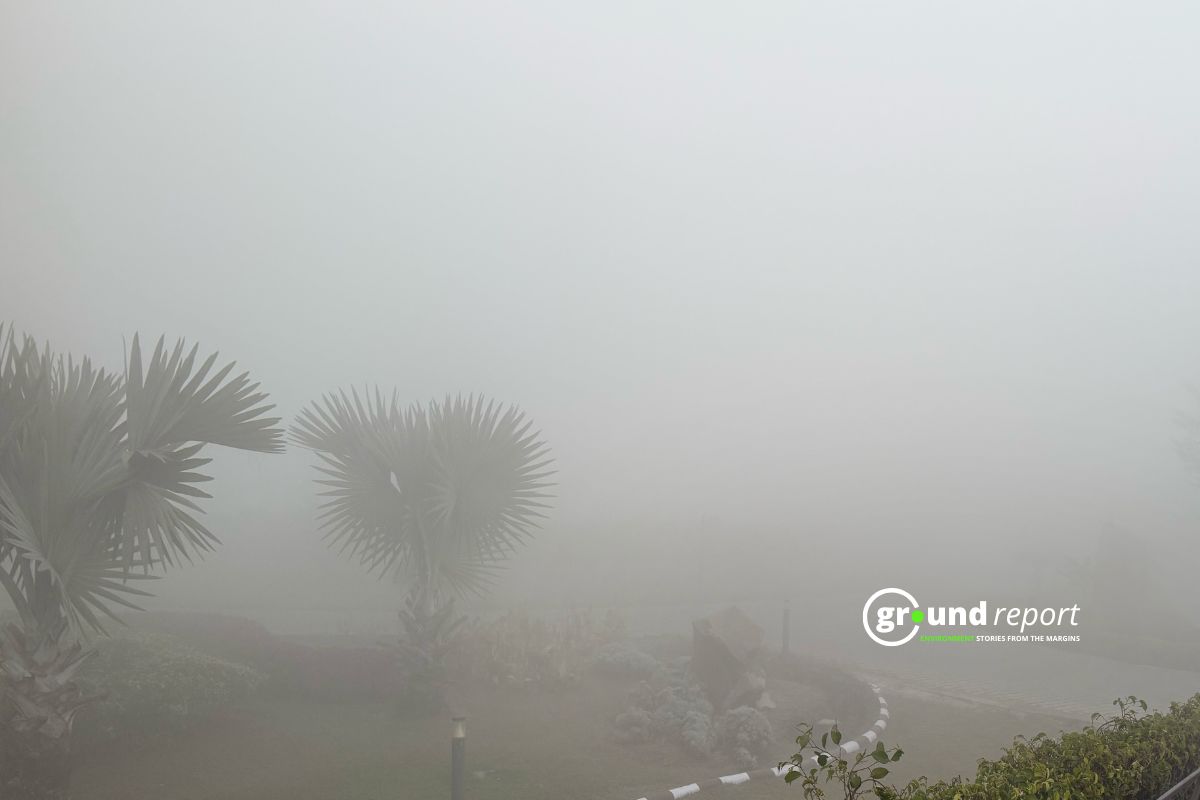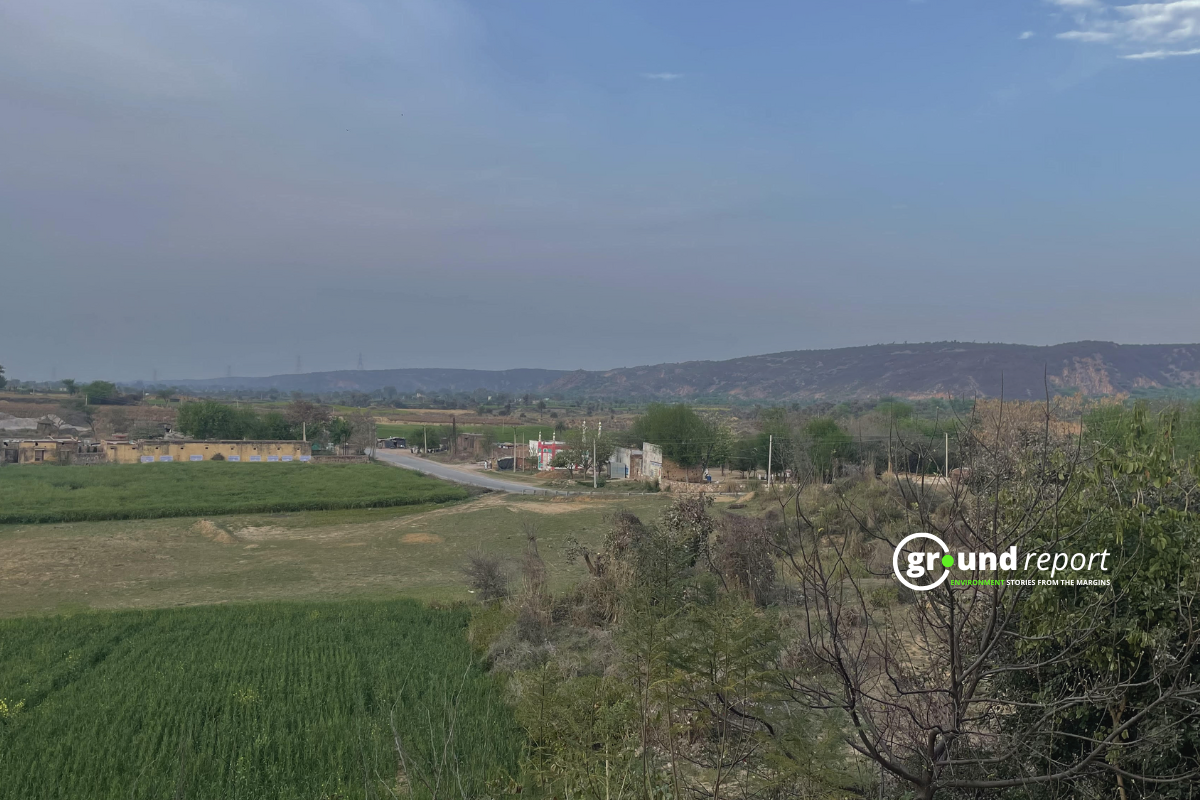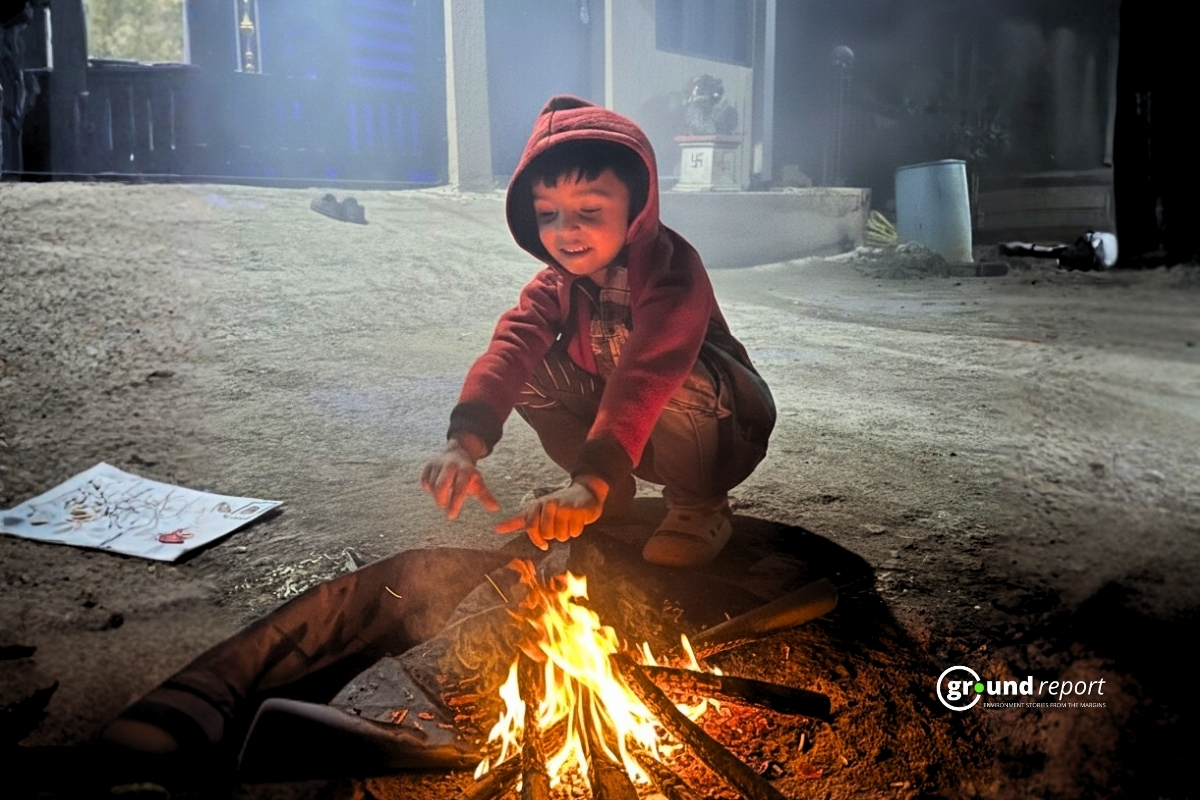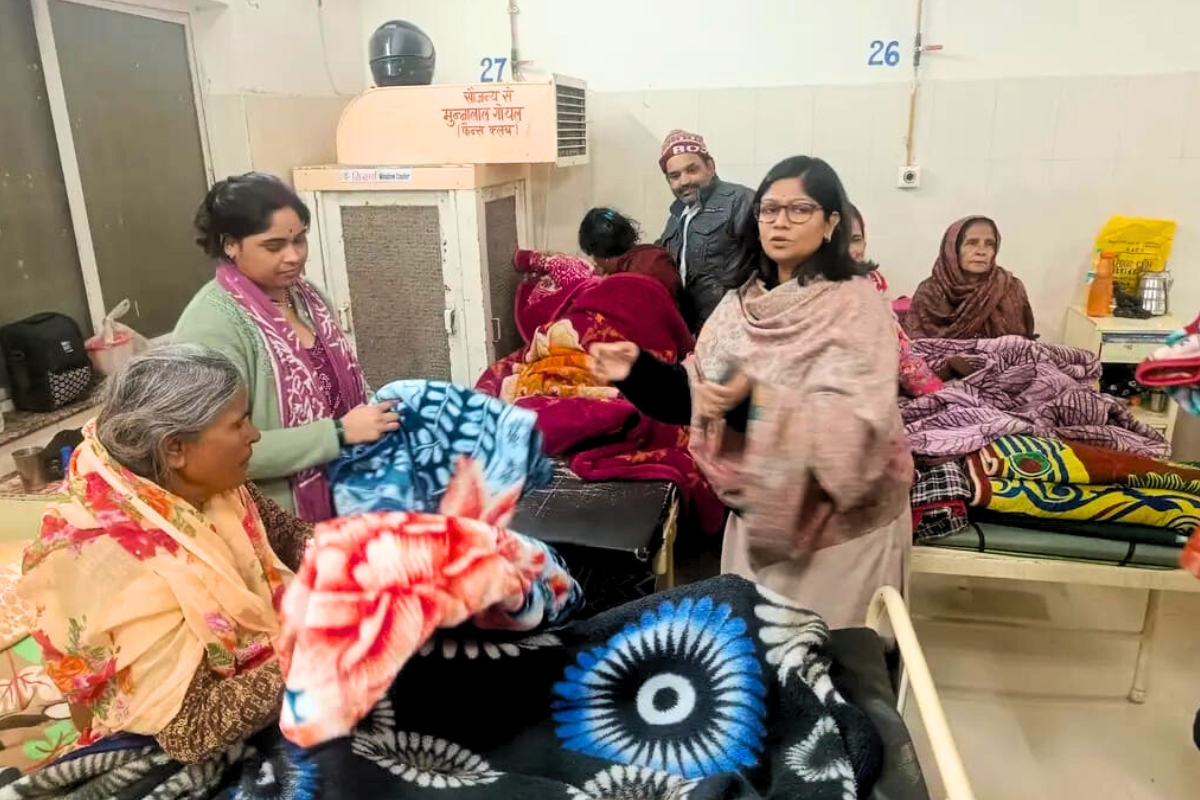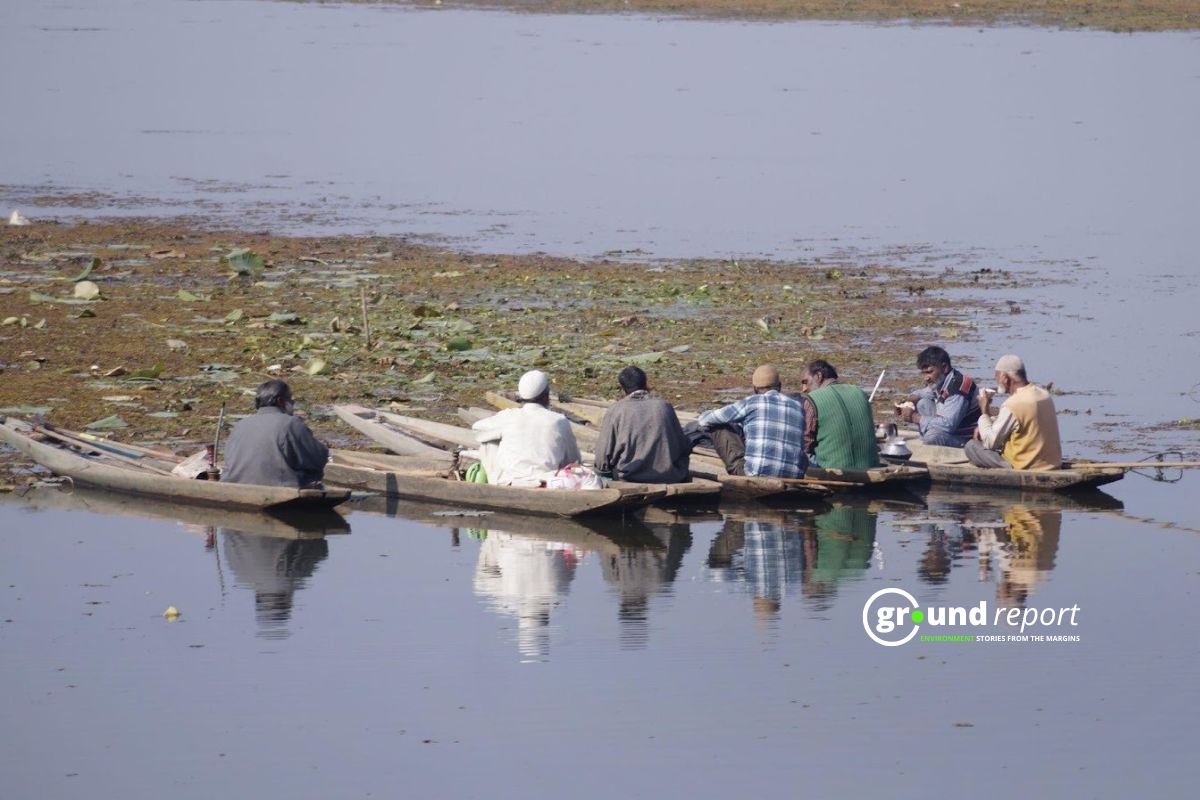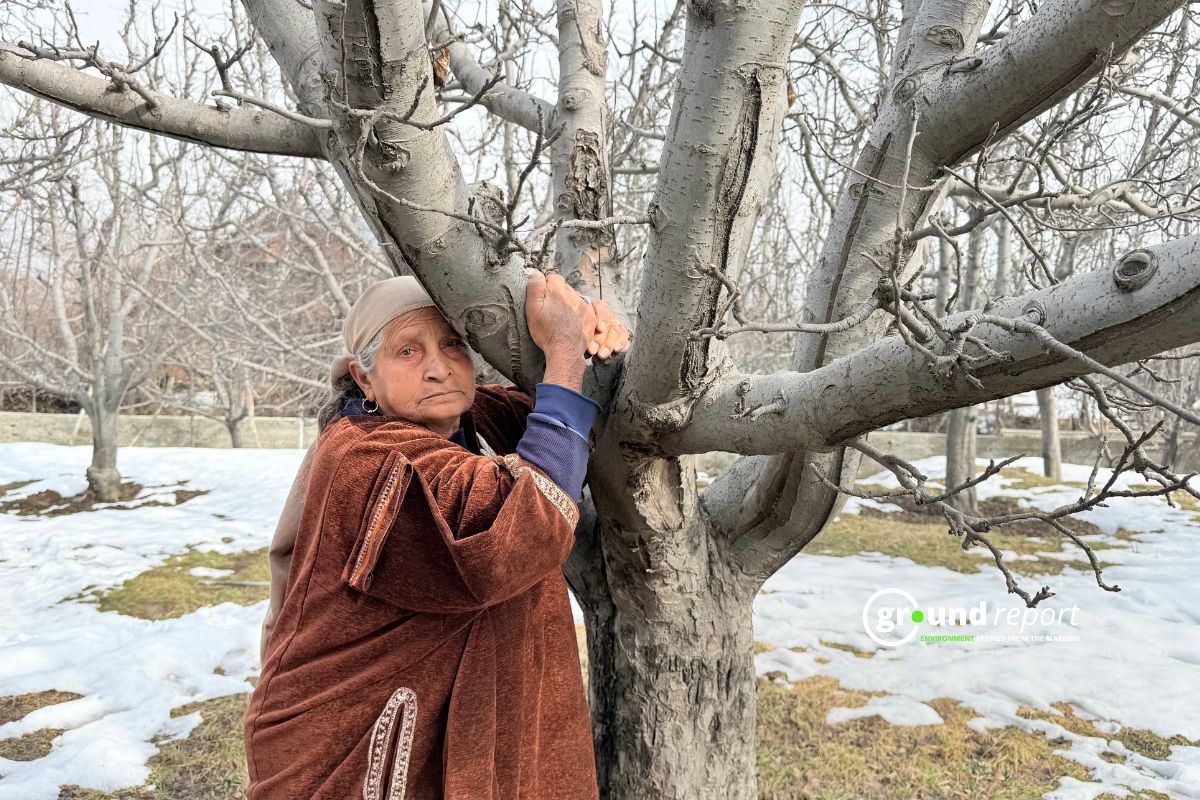On May 3rd, the world celebrated International Leopard Day, and it was a proud moment for Wildlife SOS and the Maharashtra Forest Department. They successfully reunited 110 leopard cubs with their mothers. This achievement is crucial because leopards face challenges due to rapid urbanization and habitat loss.
In rural Maharashtra’s sugarcane fields, encounters between farmers and leopards have become more common. Maharashtra has the third-largest leopard population in India, but this brings a delicate balance between human and leopard territories. Sugarcane cultivation is expanding, turning leopard habitats into agricultural land. This leads to more interactions between humans and leopards, especially during the harvest season from December to March.
Female leopards often choose sugarcane fields as birthing sites because the dense vegetation protects their newborns. However, when farmers clear the fields during harvest, leopard cubs are often found, leading to immediate action from Wildlife SOS and the Maharashtra Forest Department.
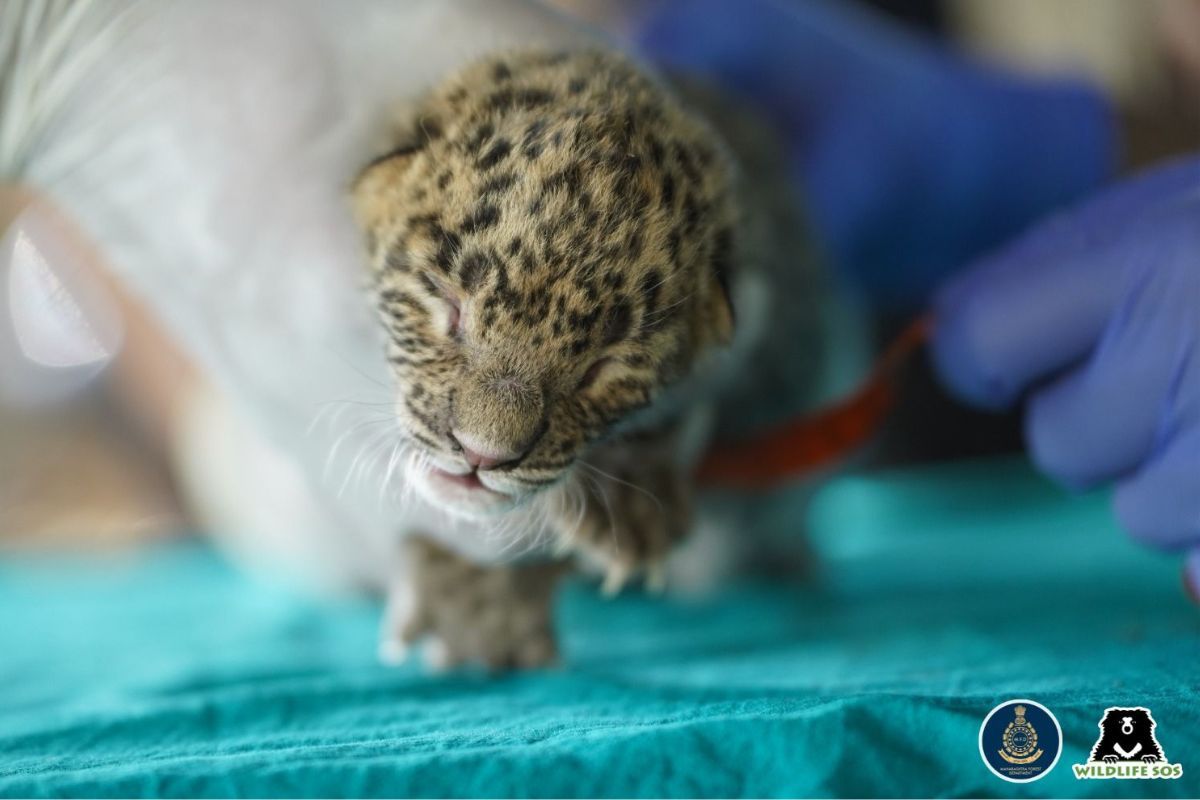
“International Leopard Day is a reminder of the importance of conserving leopard populations amidst urbanization and habitat loss,” said Amit Bhise, Assistant Conservator of Forests, Junnar Division.
Wildlife SOS also addresses another threat to leopard cubs – open wells. These wells pose a danger to wildlife as animals can fall in accidentally. To tackle this, Wildlife SOS has initiated the Open Wells Conservation Project with the Junnar Forest Division, covering 14 wells in Maharashtra to prevent such incidents and reduce habitat fragmentation.
“The reunification process is crucial for leopard cubs as it allows them to learn essential survival skills from their mothers,” emphasized Geeta Seshamani, Co-founder and Secretary of Wildlife SOS.
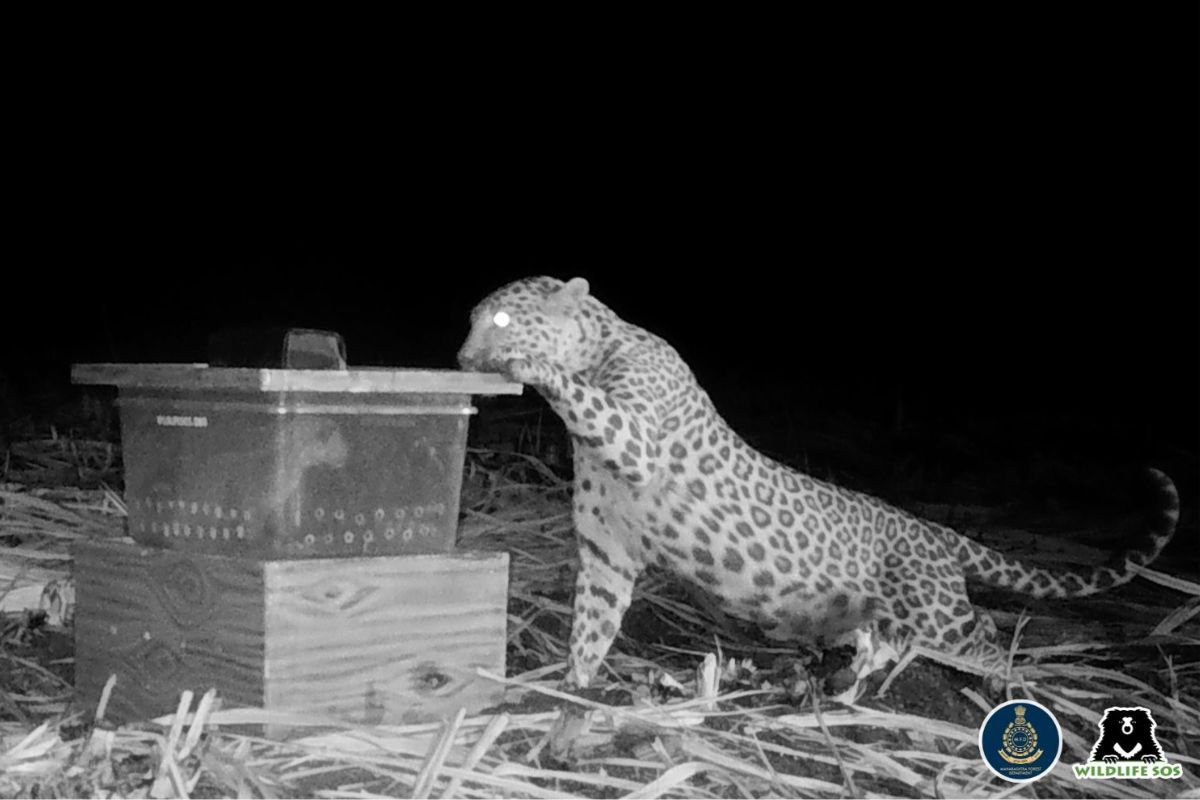
Kartick Satyanarayan, Co-founder and CEO of Wildlife SOS, highlighted their efforts since 2007 in leopard conservation in Maharashtra, working closely with the forest department to ensure the safety of these big cats.
“When we receive reports of stranded cubs, we dispatch expert teams to assess the situation, conduct medical examinations, and facilitate reunions with their mothers,” explained Mahendra Balu Dhore, Project Manager- Maharashtra, Wildlife SOS.
Keep Reading
Part 1: Cloudburst in Ganderbal’s Padabal village & unfulfilled promises
India braces for intense 2024 monsoon amid recent deadly weather trends
Support us to keep independent environmental journalism alive in India.
Follow Ground Report on X, Instagram and Facebook for environmental and underreported stories from the margins. Give us feedback on our email id greport2018@gmail.com.
Don’t forget to Subscribe to our weekly newsletter, Join our community on WhatsApp, and Follow our YouTube Channel for video stories.
